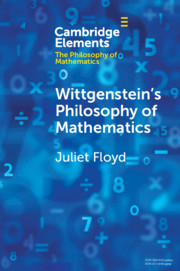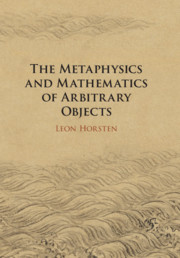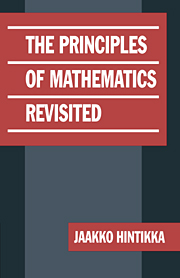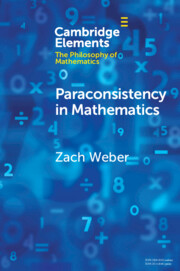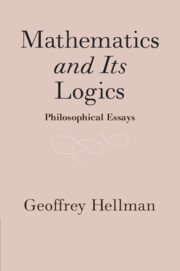Wittgenstein's Philosophy of Mathematics
For Wittgenstein mathematics is a human activity characterizing ways of seeing conceptual possibilities and empirical situations, proof and logical methods central to its progress. Sentences exhibit differing 'aspects', or dimensions of meaning, projecting mathematical 'realities'. Mathematics is an activity of constructing standpoints on equalities and differences of these. Wittgenstein's Later Philosophy of Mathematics (1934–1951) grew from his Early (1912–1921) and Middle (1929–33) philosophies, a dialectical path reconstructed here partly as a response to the limitative results of Gödel and Turing.
Reviews & endorsements
'Brimming with ideas from, and analyses of, Wittgenstein's philosophy of mathematics, the book contains both material of interest for those new to the topic, as well as often subtle and novel interpretations aimed at experts … A rich and sophisticated take on an intricate topic, Floyd's book is to be warmly recommended to all those eager to deepen their understanding of Wittgenstein's philosophy of mathematics.' Sorin Bangu, Philosophia Mathematica
Product details
August 2021Paperback
9781108456302
75 pages
230 × 154 × 6 mm
0.17kg
Available
Table of Contents
- 1. Introduction
- 2. Early Philosophy: Absolute Simplicity
- 3. Middle Philosophy (1929–1933): Relative Simplicity
- 4. Later Philosophy: Fluid Simplicity (1937–1951).

